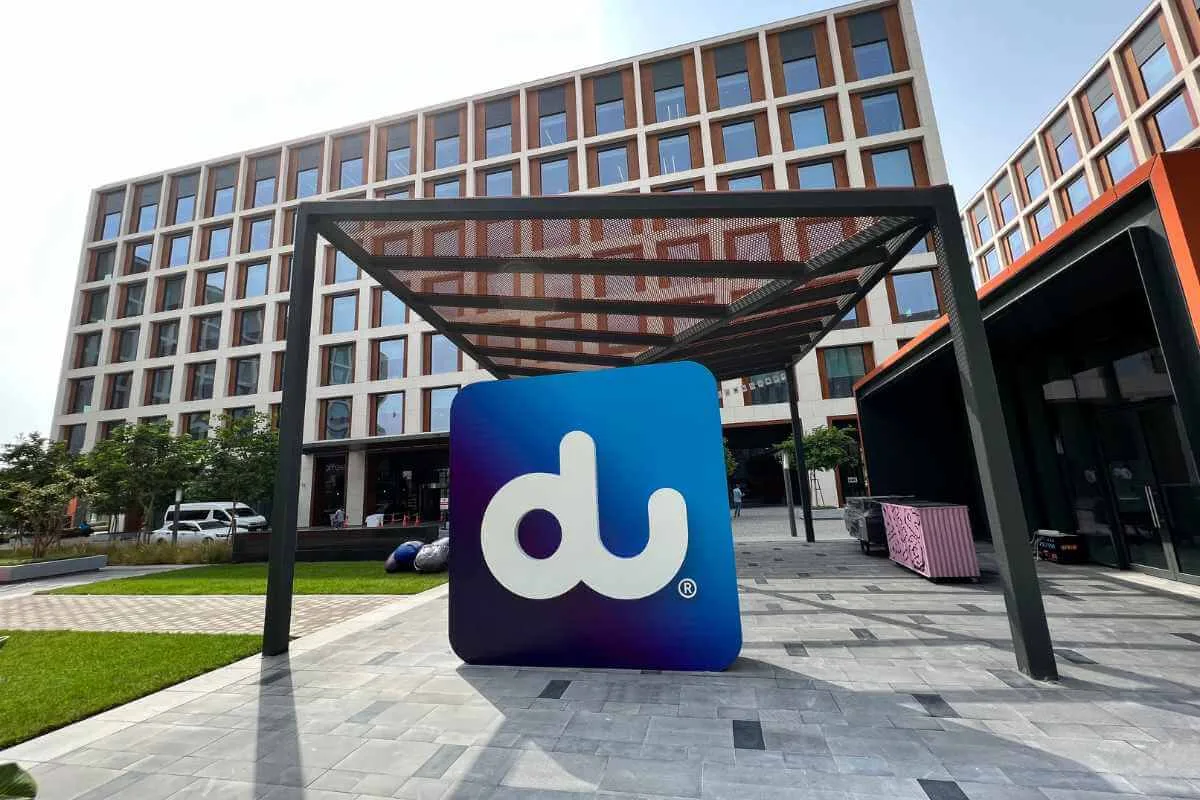
UAE telecommunications service provider du and Finland's telecom gear vendor Nokia have deployed what the companies call the first commercial 5G Cloud RAN (Radio Access Network) solution in the Middle East and Africa region. This deployment aligns with du's hybrid RAN strategy, which combines cloud-native and purpose-built infrastructures to enhance flexibility and scalability. The deployment aims to meet the UAE's growing digital needs, enabling advanced use cases like AI, machine learning, and industry-specific applications in manufacturing, energy, and logistics, the companies said in a statement on Friday.
Also Read: Du Completes Live Transport Network Slicing Trial in UAE with Nokia
anyRAN Architecture and Key Technologies
The commercial 5G Cloud RAN site, deployed in Abu Dhabi, leverages Nokia's anyRAN architecture, integrating virtualised Distributed Units (vDU) and Centralised Units (vCU) running on Dell PowerEdge XR8620 servers, as well as Red Hat OpenShift, a hybrid cloud application platform powered by Kubernetes, to support cloud-native RAN functions across the network.
This setup allows du to scale its 5G network quickly and introduce new services, with Nokia's AirScale Massive MIMO Radios operating in the 3.6 GHz (n78) frequency band, using 5G Standalone architecture.
Chief Technology Officer (CTO) of du said: "Leveraging 5G Cloud RAN will not only enhance our network's efficiency and flexibility but also enable us to explore new opportunities and services that can deliver genuine value to our customers and society at large."
Future-Ready Networks
Nokia's Head of RAN added: "This strategic partnership with du is much more than an infrastructure deployment. Both companies are committed to driving innovation by developing pioneering use cases that leverage the transformative power of AI and private wireless networks."
Also Read: Du Inks Agreement to Expand 5G Network in UAE
Hybrid Model Solution
The hybrid model solution enables co-existence with purpose-built networks while offering a path to fully cloud-native networks. This flexibility supports the growing trend of RAN cloudification, ensuring consistent performance and features across the network, according to Nokia.















